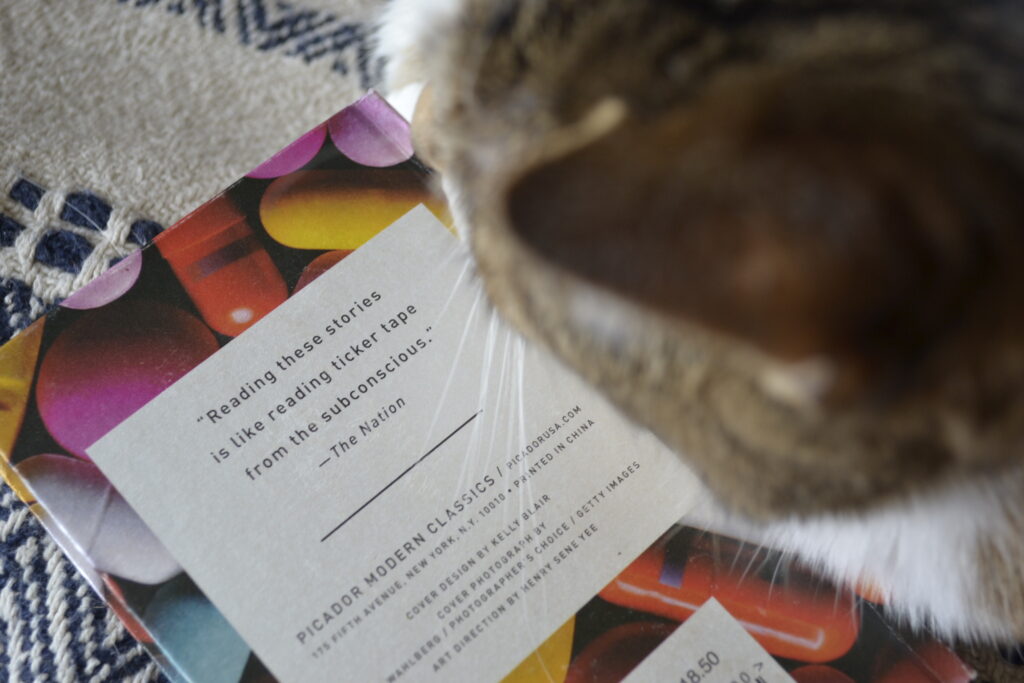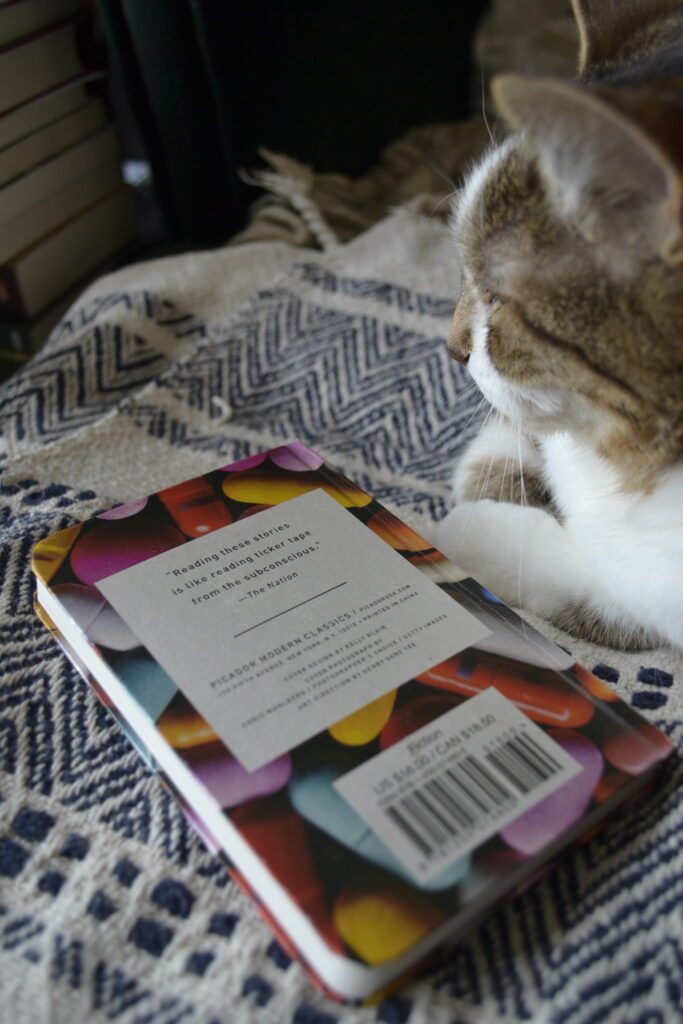It’s Bunny Day!
It’s Bunny Day, so happy holiday to all of those that celebrate! Unlike the Christmas season just passed, this weekend didn’t so much sneak up on me disguised by a pile of work, but more slowly plodded along while I tried my best to get around it. I like our Bunny Day traditions but, at the same time, I have an eye to the renovation project that starts right after the festivities are over.

There’s no disaster this time, and no real reason to be dreading this project as much as I am, but the feeling is still there. I think the worst of it for me is the rearrangement of the schedule and the furniture. The house is my comfort zone, and doing anything to upset that is naturally going to have my brain screaming at me to cease and desist.
Luckily, my lovely spouse has lots of experience with home improvements and she’s the reason that I was able to get through our previous basement disaster. She’s going out of her way to help me stay calm and to get through the logistics. She’s also doing her best to remind me that this won’t go on forever. It will be finished at the end of the week.

A Slice of the ’90s
As I’ve gotten older, I find that I’m increasingly drawn to the literature of the 1990s — probably because, now that I’m an adult, I can understand the true outlandish nature of that decade and why pop culture is so obsessed with it, even more than twenty years later. Denis Johnson’s Jesus’ Son is a quintessential piece of nineties literature. It is a short story collection that pushes the boundaries of what a work can and can’t be about. Johnson does not pull any punches as he examines the lives of society’s various down-and-outs. Addicts, alcoholics, drifters, and various varieties of criminals form the basic cast of these stories as they struggle to make their way across the country, hold down menial jobs, and understand their own fallen circumstances.

While Johnson doesn’t spend a lot of wordcount on developing scenery or atmosphere, he manages to develop them nonetheless. You can picture the dive bars and the lonely highways in just a few well-placed words about the noise or the streetlights. It’s this economy of words that is a true display of Johnson’s skill. It’s also an example of where literature was headed at the time. Towards a sparsity of words combined with bold, gritty subject matter and a willingness to dredge the depths of realism, no matter how ugly it may end up being.

Being Lost
The recurring theme of the collection is that of being lost and not just lost in addiction (though that does form a major part of the stories). Rather, Johnson delves deeper and instead talks about being lost in time and lost in space as the hours tick away at the bar and the nights fly by in drives to drug houses and long hours at work. Even though the events in the stories have a very palpable concreteness, Johnson’s use of stream of consciousness structure makes the narratives hang in a kind of liminal space. It creates a generality to these stories so that they seep outside the borders of their characters and circumstances and become grim warnings of what can happen to someone living on the fringes of society. That these people are not another species living on another planet but instead people that could easily be close to the reader, if not the reader themselves.

Loss and More Loss
I have seen recently that literature has once again drifted into exploring themes of loss — some of them so much so that loss piles on top of loss and renders all of it flat. Though Johnson’s stories examine the rock bottom, they do so in a way that isn’t numbing. Nor is Johnson trying to elicit sympathy in the midst of all of this brutality. He is merely trying to depict the violence of the 1990s underworld, including criminal behaviour, brutality, death, and destruction.

As a warning, these narratives do contain scenes of animal cruelty, sexual violence, voyeurism, gore, and criminal activity. So, if you avoid that kind of content, this is probably not the collection for you.

Waiting for Daffodils
The one thing that the snow has done is made it so that our daffodils are not going to be in bloom in time for the holiday. The weather has been such a rollercoaster for March. Even the cats haven’t liked it as they both line up for walks and then experience the disappointment of the muck and the snow and the sporadic grass.
I guess I can’t blame them. I wouldn’t want to chomp down on some nice blades of vegetation and end up with a clump of mud in my teeth instead.

